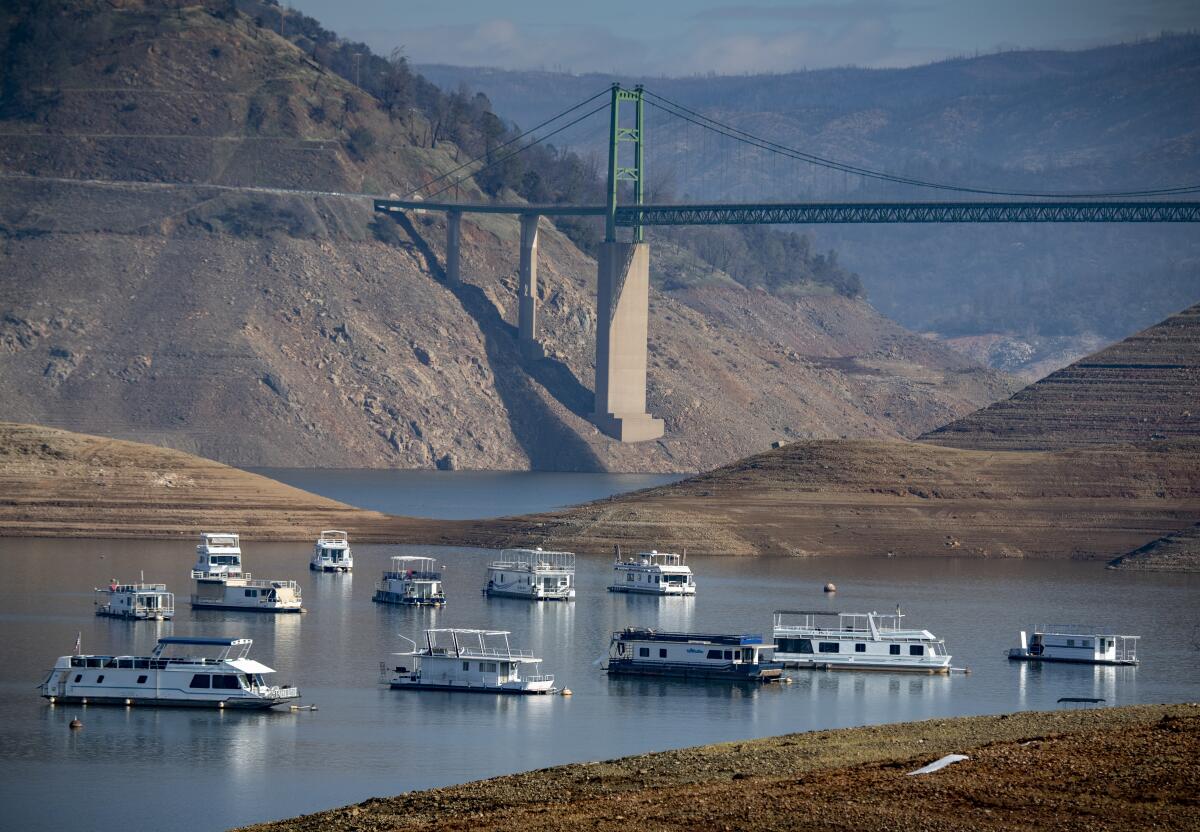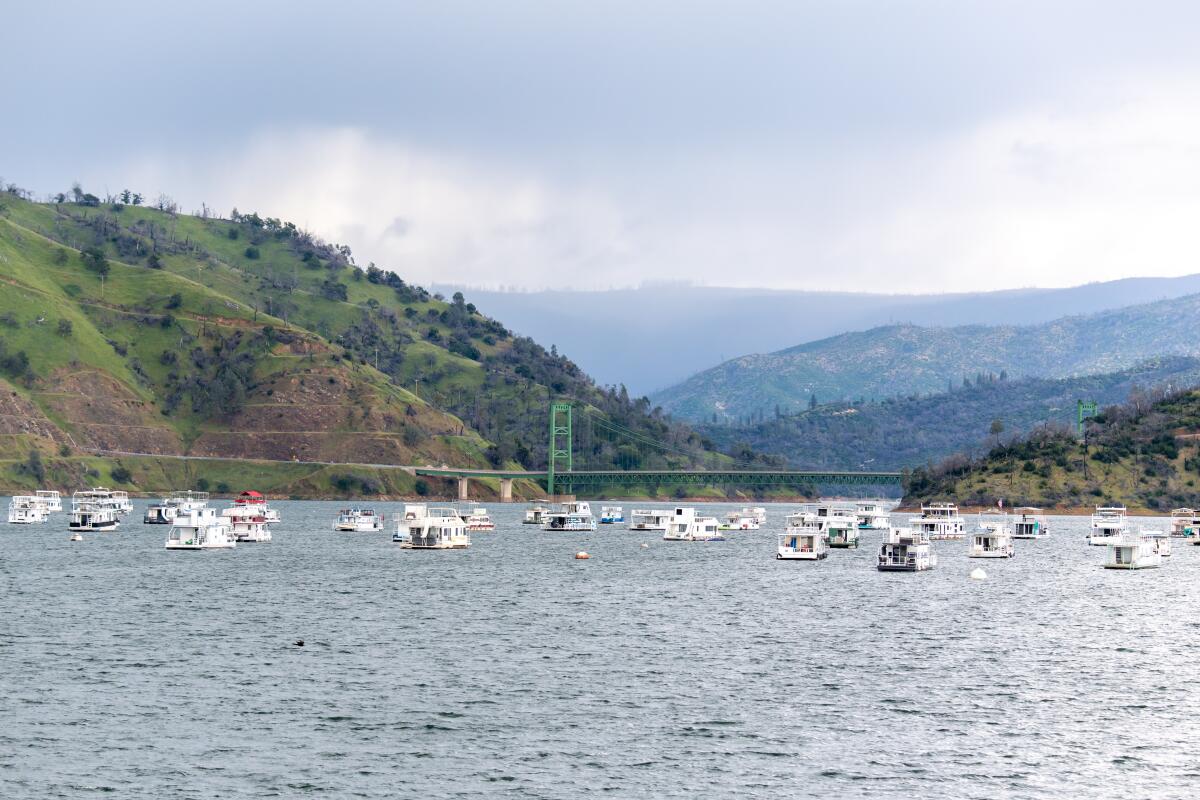-
Caesars Sportsbook Promo Code NEWSWK1000: Score $1,000 NFL Week 11 Bonus - 9 mins ago
-
Latest typhoon lashes the Philippines, causing tidal surges and displacing massive numbers of people - 10 mins ago
-
Gilas gets ‘equalizer’ Scottie Thompson back for Fiba 2nd window - 11 mins ago
-
Ireland 22-19 Argentina: ‘We need to be better’ – lack of Irish composure frustrates Andy Farrell - 14 mins ago
-
Diner Spots Restaurant’s Unexpected ‘R-Rated’ Décor—Internet Has Questions - 24 mins ago
-
Another day, another Super 10 for Ashu Malik; Dabang Delhi K.C. win big against Bengaluru Bulls - 27 mins ago
-
‘Staggering’ amount of projects delayed over outdated system - 31 mins ago
-
Bet365 Bonus Code WEEK365: $150 Bonus, $1K Safety Net for NFL Week 11 - 42 mins ago
-
Great Dane: a tour of Denmark’s culture, countryside and coast | Denmark holidays - 43 mins ago
-
India’s CCPA to Probe E-Scooter Maker Ola Electric Over Service, Product Standards - 44 mins ago
Incredible before-after slider images of California reservoirs
After another wet winter, record rainfall has turned California green and replenished the state’s reservoirs, which had been perilously low during the worst days of the drought.
Lake Oroville, the state’s second-biggest reservoir, often serves as a rainfall barometer. As of Tuesday, Oroville was at 100% capacity, according to data from the state Department of Water Resources.
“This is great news for ensuring adequate water supply for millions of Californians and environmental needs and we continue to manage both while maintaining flood protection for downstream communities,” the department wrote on Facebook.
The images below show the difference in water levels between a low Lake Oroville and where it is now.
The left photograph shows Enterprise Bridge on Dec. 21, 2022, when the lake was at 29% of its total capacity. The right side shows the same area April 24, 2024, when the lake was at 96% of capacity — a figure it has now eclipsed.
As of May 7, Lake Oroville was at 128% of its historical level. Lake Shasta, the state’s largest reservoir, was 97% full Tuesday, or 115% of its historical level.
The image below shows boats at Bidwell Canyon Marina near the Bidwell Bar Bridge in 2022.

In December 2022, Lake Oroville was experiencing low-water levels, including at its Bidwell Canyon Marina near the Bidwell Bar Bridge.
(Ken James / California Department of Water Resources)
By Apr. 26, 2024, the area was nearly unrecognizable. Boats had more room to park and the bridge supports had been swallowed up by water.

In a photograph taken April 26, 2024, the water level of the lake in Butte County was 96% of capacity.
(Sara Nevis / California Department of Water Resources)
It’s not just the big reservoirs that have filled up: Big Bear Lake in the San Bernardino Mountains is nearly full too, reaching a level it had not seen in more than a decade.
The recent storms not only raised Big Bear Lake to just under 4 feet from being completely full, but also resulted in the second snowiest year in more than two decades for the nearby Big Bear Mountain Resort, according to data from the Big Bear Municipal Water District.
In the photographs above, the left side shows Big Bear Lake in 2022, when it was about 11 feet lower than it is now. The one on the right was taken in May 2024.
The lake is popular among tourists, boaters and anglers and is home to several eagles that live among the towering pines along the shore.
Source link



























